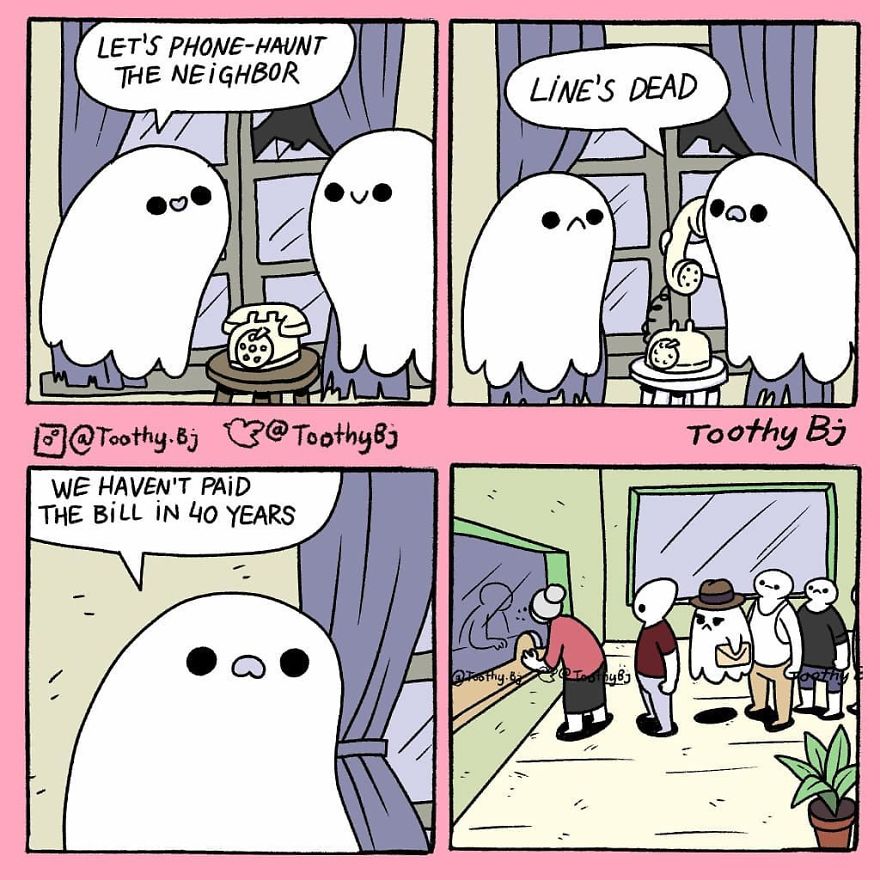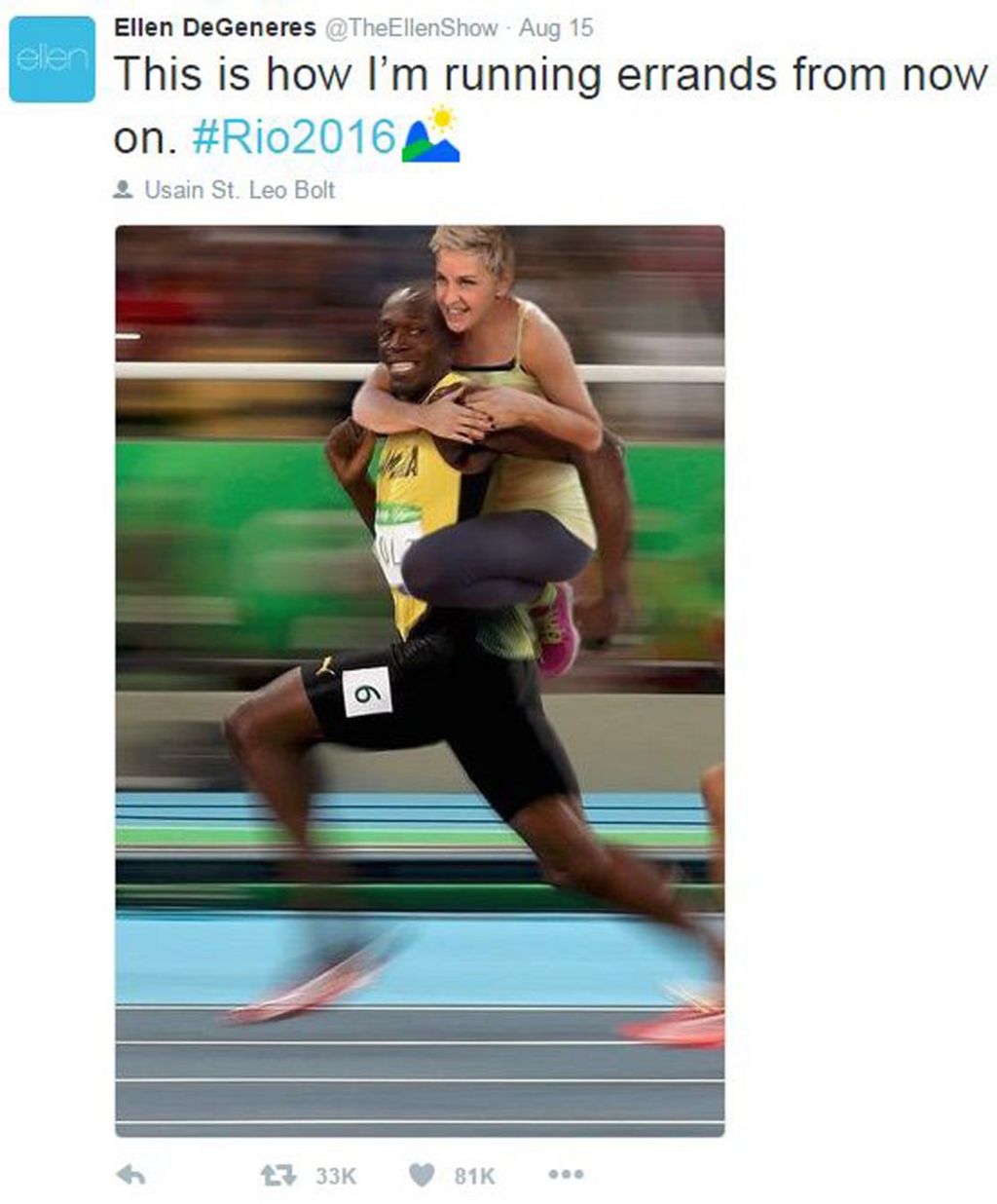Humor plays a significant role in shaping cultural interactions and societal norms, and black jokes have long been a topic of discussion in the world of comedy and beyond. From stand-up routines to internet memes, these jokes often walk a fine line between entertainment and sensitivity. Understanding the context and impact of black jokes is essential for fostering a more inclusive and empathetic society. This article delves into the complexities of black humor, its historical roots, and its role in modern culture.
Black jokes often spark debates about race, identity, and societal perceptions. They can serve as a tool for reflection, breaking down barriers, or, conversely, reinforcing stereotypes. As we explore this topic, we aim to provide a balanced perspective that respects the nuances of humor while addressing its potential consequences.
In this article, we will examine the history of black jokes, their cultural significance, and how they fit into contemporary discussions about race and comedy. By the end, you'll gain a deeper understanding of why these jokes matter and how they shape our interactions with one another.
Read also:Who Is Monicas Husband Unveiling The Life And Journey Of Monicas Partner
Table of Contents
- The History of Black Jokes
- Understanding the Context of Black Jokes
- The Impact of Black Jokes on Society
- Types of Black Jokes and Their Variations
- Black Jokes in Stand-Up Comedy
- Black Jokes in the Age of the Internet
- Navigating Sensitivity in Black Humor
- The Psychology Behind Black Jokes
- Examples of Controversial Black Jokes
- Conclusion: The Future of Black Jokes
The History of Black Jokes
Black jokes have a long and complex history that dates back to the early days of racial segregation and discrimination. During the 19th and early 20th centuries, humor about African Americans was often rooted in derogatory stereotypes perpetuated by minstrel shows and racist caricatures. These jokes reinforced harmful narratives and contributed to systemic oppression.
However, as civil rights movements gained momentum, black comedians began reclaiming these narratives, using humor as a tool for empowerment and social commentary. Legends like Richard Pryor and Redd Foxx used their platforms to challenge societal norms and address racial injustices through laughter.
Evolution of Black Humor
The evolution of black humor reflects broader societal changes. In the 1960s and 1970s, comedians started to push boundaries, incorporating more explicit references to racism and inequality. This shift marked a turning point, as black humor became a vehicle for addressing serious issues while maintaining its comedic edge.
- Minstrel shows: Early examples of racist humor.
- Reclamation: Black comedians taking ownership of their narratives.
- Modern comedy: Addressing race with nuance and sensitivity.
Understanding the Context of Black Jokes
To fully appreciate the role of black jokes in society, it's crucial to understand the context in which they are created and consumed. Cultural background, personal experiences, and societal norms all influence how these jokes are perceived.
For instance, a joke that might be seen as harmless within a specific community could be offensive when shared outside that context. This highlights the importance of empathy and awareness when engaging with humor that touches on sensitive topics.
Who Can Tell Black Jokes?
One of the most debated questions surrounding black jokes is who has the right to tell them. While some argue that only members of the affected community should use such humor, others believe that anyone can participate as long as they approach the topic with respect and understanding.
Read also:Has Kat Had Her Baby Everything You Need To Know
Ultimately, the key lies in intentionality and awareness of potential impact. Comedians must consider whether their jokes contribute to positive change or perpetuate harmful stereotypes.
The Impact of Black Jokes on Society
Black jokes can have both positive and negative effects on society. On one hand, they can foster understanding and bridge cultural gaps by encouraging open conversations about race. On the other hand, poorly executed jokes may reinforce prejudices and deepen divides.
Research from social psychologists suggests that humor can serve as a powerful tool for reducing intergroup bias when used thoughtfully. However, the same study warns against relying solely on humor to address complex issues like racism.
Positive Effects of Black Humor
- Promoting empathy and understanding.
- Encouraging dialogue about race and identity.
- Empowering marginalized communities.
Types of Black Jokes and Their Variations
Black jokes come in various forms, each with its own set of implications and interpretations. Some common types include:
- Stereotype-based jokes: These often rely on exaggerated traits or behaviors associated with a particular group.
- Social commentary: Humor that critiques societal issues or systemic inequalities.
- Self-deprecating humor: Jokes made by members of the community about themselves or their experiences.
Each type requires careful consideration of audience, intent, and potential consequences.
Black Jokes in Stand-Up Comedy
Stand-up comedy has long been a platform for exploring black jokes in a live setting. Comedians like Dave Chappelle and W. Kamau Bell use their performances to tackle race-related topics with wit and insight. Their work often sparks important conversations while entertaining audiences.
However, not all attempts at black humor in stand-up are successful. Missteps can lead to backlash, highlighting the delicate balance comedians must strike when addressing sensitive subjects.
Controversial Moments in Stand-Up
Several high-profile incidents have illustrated the risks of pushing boundaries too far. For example, a comedian's routine might be well-received by one audience but criticized by another, underscoring the importance of context and audience awareness.
Black Jokes in the Age of the Internet
The rise of the internet has transformed how black jokes are shared and consumed. Social media platforms like Twitter and Instagram allow users to create and distribute humor at an unprecedented scale. While this democratization of content creation offers opportunities for diverse voices to be heard, it also increases the likelihood of misunderstandings and offense.
Memes, in particular, have become a popular medium for black humor. These visual jokes often rely on shared cultural references and can be both unifying and divisive depending on the audience.
Internet Culture and Black Humor
- Memes as cultural commentary.
- Virality and its impact on humor.
- Online communities fostering inclusive discussions.
Navigating Sensitivity in Black Humor
As society becomes increasingly aware of issues surrounding race and representation, comedians and content creators must navigate sensitivity with care. This involves understanding the historical and cultural significance of certain jokes and considering how they might affect different audiences.
Education and open dialogue are essential tools for fostering a more inclusive approach to humor. By prioritizing empathy and respect, creators can ensure that their work contributes positively to broader discussions about race and identity.
Tips for Creating Sensitive Black Humor
- Consider the audience and their potential reactions.
- Reflect on the intent behind the joke and its potential impact.
- Engage in conversations with members of the affected community for feedback.
The Psychology Behind Black Jokes
Psychologists have long studied the role of humor in human interactions, particularly when it comes to sensitive topics like race. Research suggests that laughter can serve as a coping mechanism, helping individuals process difficult emotions and experiences.
Black jokes, when used appropriately, can provide a sense of relief and solidarity among marginalized groups. However, they can also trigger defensive reactions in those who feel threatened by the humor.
Why Do People Find Black Jokes Funny?
Humor often arises from unexpected juxtapositions or subversions of expectations. In the case of black jokes, the humor may stem from challenging societal norms or highlighting contradictions in cultural narratives. Understanding the psychological mechanisms behind this humor can help creators and audiences alike appreciate its complexities.
Examples of Controversial Black Jokes
Throughout history, numerous black jokes have sparked controversy and debate. Below are a few notable examples:
- A joke about racial profiling that drew criticism for trivializing a serious issue.
- A meme that used exaggerated stereotypes, leading to accusations of perpetuating racism.
- A stand-up routine that addressed police brutality but was misinterpreted by some audience members.
These examples highlight the importance of context and intentionality in crafting effective and respectful humor.
Conclusion: The Future of Black Jokes
Black jokes continue to play a significant role in shaping cultural conversations about race and identity. As society evolves, so too must our approach to humor that touches on sensitive topics. By prioritizing empathy, education, and open dialogue, we can ensure that black jokes contribute positively to broader discussions about diversity and inclusion.
We invite you to share your thoughts and experiences in the comments section below. Your feedback helps us create more informed and inclusive content. Additionally, explore other articles on our site to deepen your understanding of cultural dynamics and the power of humor.


